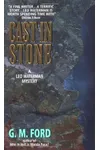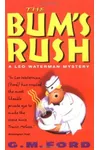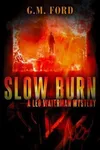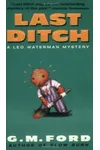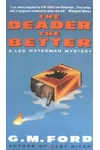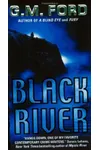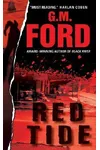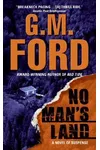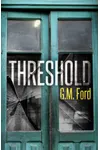Picture a Seattle storyteller who turned the gritty streets into page-turning crime thrillers—meet G.M. Ford! Born Gerald Moody Ford in 1945, this American novelist carved a niche in crime fiction with his sharp-witted characters and suspenseful plots. His debut, Who in Hell Is Wanda Fuca?, introduced the irreverent private eye Leo Waterman, launching a career that blended humor, mystery, and heart.
Ford’s novels, set against the backdrop of Seattle’s rainy alleys and vibrant underbelly, captured readers with their vivid settings and complex characters. From the Leo Waterman series to the darker Frank Corso mysteries, Ford’s work earned nominations for prestigious awards like the Shamus and Anthony, cementing his place in the crime fiction world.
The Making of G.M. Ford
Born in 1945, Ford grew up in a single-parent household after his father’s early death, raised by his mother, a dedicated secretary. His journey to writing was anything but conventional. After earning a master’s degree in 18th-century literature from Adelphi University, Ford taught creative writing in western Washington, sharpening his storytelling skills. In his 50s, fueled by a divorce and a desire to channel his energy, he penned his first novel, Who in Hell Is Wanda Fuca?, published in 1995. This marked the start of a prolific career that showcased his knack for blending grit with wit.
G.M. Ford’s Unforgettable Stories
Ford’s bibliography is a treasure trove for crime fiction fans. His Leo Waterman series, spanning 12 books, follows a Seattle PI who teams up with a ragtag crew of homeless misfits to solve cases. Who in Hell Is Wanda Fuca? (1995) kicks off the series with a missing-person case that spirals into chaos, earning nominations for the Anthony, Shamus, and Lefty Awards. Later entries like Heavy on the Dead (2019) show Waterman tackling modern issues with his signature defiance.
In 2001, Ford switched gears with the Frank Corso series, introducing a disgraced journalist and his Goth assistant, Meg Dougherty. Fury (2001) dives into a high-stakes murder case, blending psychological depth with breakneck pacing. The six-book series, including titles like Black River (2002), explores themes of redemption and justice. Ford also ventured into standalone thrillers, with Nameless Night (2008) offering a gripping tale of identity and survival, showcasing his versatility.
Ford’s style is a masterclass in balance: his prose crackles with humor, yet never shies away from the darker corners of human nature. Seattle’s vivid presence in his work—its docks, bars, and rain-soaked streets—acts almost as a character, grounding his stories in a tangible sense of place.
Why G.M. Ford Matters
G.M. Ford’s impact lies in his ability to humanize the marginalized, from Waterman’s homeless allies to Corso’s flawed heroism. His stories resonate with readers who crave authenticity in their crime fiction, blending humor and heart with unflinching realism. Ford’s nominations for major awards and his loyal fanbase underscore his influence in the genre. Though he passed away in 2021, his 20+ novels continue to captivate, offering a window into Seattle’s soul and the complexities of justice.
- Born: 1945
- Key Works: Who in Hell Is Wanda Fuca?, Fury, Nameless Night, Heavy on the Dead
- Awards: Nominated for Anthony, Shamus, and Lefty Awards
- Died: December 1, 2021
Snag Who in Hell Is Wanda Fuca? and dive into G.M. Ford’s thrilling world of crime, wit, and Seattle grit!

